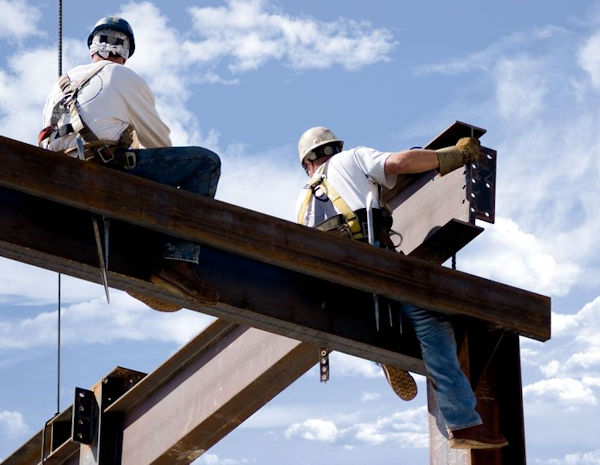Are Accidents Always Unplanned?
Of course, accidents are unforeseen, unplanned, and unintentional events. However, some accidents happen only after risks have been ignored or tolerated for weeks, months, or even years. In such instances, there is an intentional decision to accept the risk.

Technically, it's not accurate to say that an accident is always unplanned. This is because if the safety management system is flawlessly designed to yield specific results, managers can establish policies, processes, procedures, and practices that almost ensure accidents will occur, especially under challenging conditions. In such scenarios, safety might not be the top priority anymore.
For instance, when a work crew is behind schedule, they may face pressure from management to hurry and take unsafe shortcuts to meet deadlines. Rushing to get work done is one of the primary reasons accidents happen.
Companies that decide to take the risk, likely have an opinion that "accidents just happen; there's nothing we can do about them." Of course, that's an unacceptable idea in an effective safety culture. Employers who value safety consider accidents to be "inexcusable," and insist that hazards be corrected before they cause an accident.
In June 2020, a serious incident occurred at a manufacturing facility in Ohio involving a batch operator and a concrete mixer. The mixer discharged concrete through a pneumatic door that was designed to remain open when its pneumatic energy was released via an exhaust valve. However, the handle of this valve had broken off and had not been repaired or replaced.
As a result, the batch operator attempted to close the discharge door manually. During this process, the door closed unexpectedly, causing a severe head injury. The operator was transported to the hospital and died five days later.
A federal investigation led to a workplace safety citation, a $500,000 fine—the maximum allowed—and a court-ordered Safety Compliance Plan.
The conditions leading up to this incident raise important considerations for effective accident investigation:
- Hazards that are left unresolved can lead to foreseeable incidents over time.
- Investigations should examine whether maintenance issues were known but unaddressed.
- System factors - such as procedures, responsibilities, or follow-up—may contribute to how risks are managed.
- Understanding both immediate and underlying causes is key to preventing recurrence.
- In a strong safety culture, preventable incidents are treated as opportunities to improve—not as isolated events.
Knowledge Check Choose the best answer for the question.
1-3. Companies who value safety consider accidents _____.
You forgot to answer the question!
